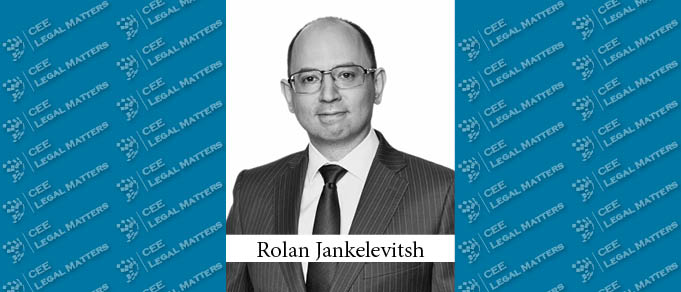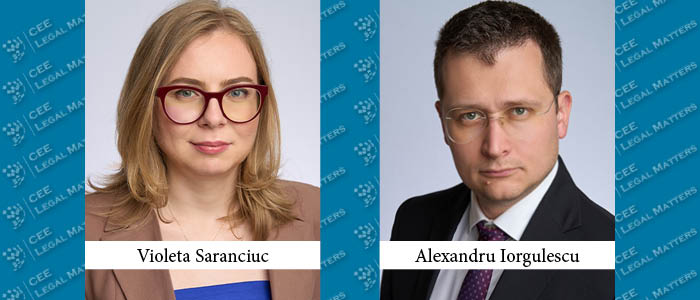While no major plots or surprises were witnessed during the latest presidential and local elections, Estonia’s recent legislative developments might have a significant impact on the business sector, according to Walless Partner Rolan Jankelevitsh.
"Two notable political events that occurred in Estonia recently were the presidential and local elections," he explains. "During the presidential elections, the outcome was rather predictable, as Alar Karis, endorsed by both coalition parties, received the majority's support. On the other hand, in the local elections held in October, the Center Party, known for its popularity among the Russian-speaking population, lost the absolute majority in Tallinn. The party has now formed a coalition with the Social Democrats."
Jankelevitsh highlights three major legislative updates. "First of all, Estonia recently joined the OECD/G20 global minimum tax political deal, which will likely have a considerable economic impact, should it be ever implemented. According to this deal, if a multinational group’s profits are taxed at a rate lower than 15% in one country, then the group’s parent jurisdiction may ‘top up’ this tax to 15%." He notes that Estonia initially opposed the deal, however, following political pressure, the country is now negotiating exemptions.
"Secondly, we have an update regarding crowdfunding regulations," he continues. "Crowdfunding platforms now have to comply with EU-level regulations. Crowdfunding services will need to meet licensing requirements similar to other financial services. For this purpose, the law establishes a one-year transitional period until November 2022, during which companies have to adjust to the updated, more stringent requirements." According to Jankelevitsh, compared to other EU countries, the crowdfunding sector is quite extensive in Estonia, therefore, the law will have significant implications on business.
Lastly, Jankelevitsh highlights legislative updates regarding the cryptocurrency business. "Estonia is a popular jurisdiction to establish such businesses," he says. "Businesses having the Estonian cryptocurrency service license often have little or no connection with Estonia. This potentially creates money laundering risks. Accordingly, the draft law establishes stricter authorization requirements and grounds for license revocation. The crypto-services business must now be, at least to some extent, onshore." Considering the role of the cryptocurrency sector, Jankelevitsh notes that "the new law will be a game-changer for many businesses."
As for the economy, Jankelevitsh points out that, similarly to many European countries, the interest rates remain low while the fear of inflation is significant. "We are witnessing busy capital markets and many ongoing investment activities. A popular saying describes Estonia as the ‘IPOdrome’, due to a large number of recent public offerings and the massive interest in them. In Enefit Green’s recent IPO, nearly 5% of the Estonian population placed orders," he says. "Bolt has also successfully finished a capital raising round recently and, as a result, the company is now valued several billion euros more." In addition, Jankelevitsh notes that the Estonian start-up ecosystem is seeing record-high activity as well.
Jankelevitsh further adds that, during the last couple of months, the Estonian second-pillar pension system became voluntary. "The accumulated money was to a great extent injected back into the economy, contributing to consumption, the real estate market, and others, but the impact was fairly short-term," he notes. "Also, we are witnessing people who made successful exits from their companies now looking for investment opportunities, ranging from start-ups to more mature companies. All this allows us to have a positive prognosis for future developments," Jankelevitsh concludes.





























